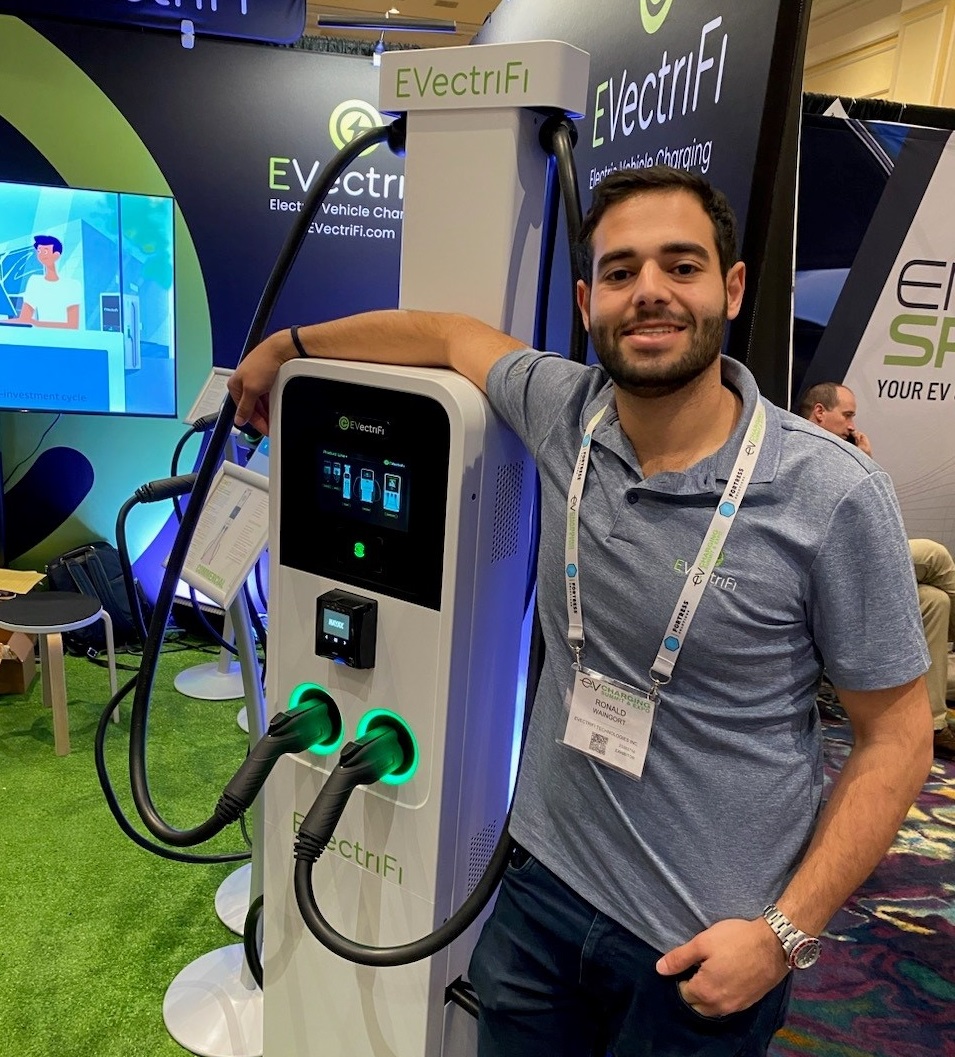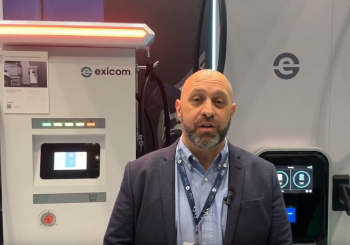“We have 98% uptime at our charging stations,” said Ronald Waingort, chief operating officer and engineer at EVectriFi Technologies, which owns, operates, and provides EV charging equipment and networked EV charging services.
The N.Y.-based firm is only a couple of years old but is growing quickly. Its customers include large consumer retailers, energy companies and microgrid businesses. It serves other markets, including residential.
The fact EVectriFI is an M/WBE (Minority and Women-Owned Business) has helped the firm get in the door on some occasions. Once inside, they’ve been able to land the business – in part because of the reliability.
How is EVectriFi reaching 98% uptime in an industry that struggles with reliability? It’s all about the software, Waingort said.
“The software and the charger are made together, by us,” Waingort said. “It’s not third-party software, and it’s not a third-party charger.”
The two elements work together seamlessly, preventing hiccups that can result from imperfect pairings. The blend also enables customers to easily set preferences. “Everything from pricing, to energy output, to permission configurability,” he said.
Still, it’s the reliability customers care about the most. EVectriFi software includes real-time, advanced diagnostics. Issues are discovered early, typically before the end-user even notices. In-house adjustments are made and immediately pushed out.
“When it comes to remote diagnostics and updates, issues get fixed in a few hours,” Waingort said. Businesses that outsource the coding might have to wait days or weeks for software changes to be implemented, he said.
“Those business have to reach out to third-party people, send someone out there, diagnose the problem, and make an update,” Waingort said. “That can take weeks. By then, another charger has a problem, and it’s an ongoing cycle.”
Money – and consumer confidence – is often lost during the downtime.
Some EV charging businesses provide similar diagnostics, but mostly on their premium chargers, Waingort said. “We have it on all our chargers.”
Company management has prior experience in EV charging technologies, but EVectriFi is a startup – which has its advantages.
More established businesses are sometimes handcuffed by chargers that have been in the field for years. Those devices have older components and – more importantly – older software lacking sophisticated diagnostics.
“As the industry evolves, newer models will do more remote diagnostics, but they don’t have that ability on existing systems,” Waingort said. “They can’t do that on the thousands of chargers that are already out there.”





Follow Us On Social Media